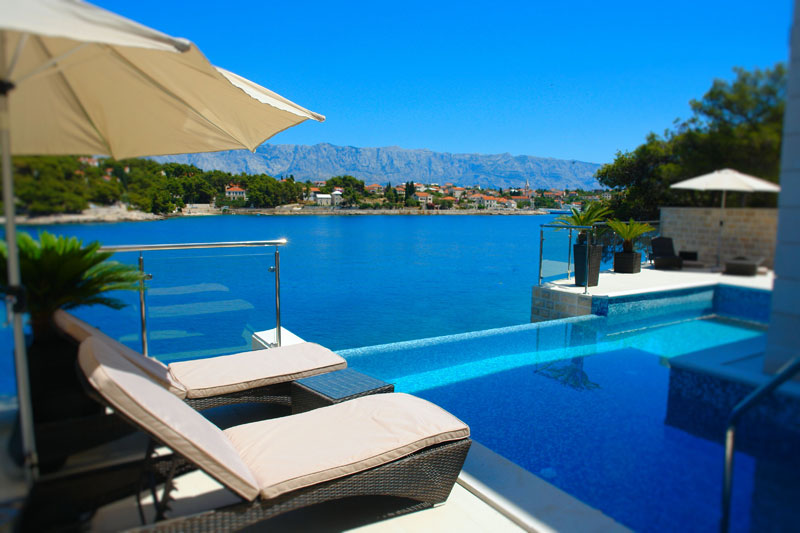 Article by INTERNATIONAL LIVING
Article by INTERNATIONAL LIVING
Since 2000, Croatia has been one of Central Europe’s fastest growing economies, so investing in Croatia is naturally on the rise. Its main foreign trade partners are Italy and Germany. Although Croatia’s history is ancient, on the economic front, it’s still pretty much a new country. It wasn’t even awarded investment grade rating until 1997.
Today, much further progress has been made toward implementing structural reforms, though the pace of reform has been slow. Nearly two-thirds of the Croatian economy has now been privatized, and around 90% of bank assets are privately owned, mostly by strategic foreign investors.
Invest in Different Sectors of the Croatian Economy
Around 60% of the country’s GDP is generated by the services sector: Tourism is absolutely vital for Croatia, as it’s this aspect of the service sector that creates the most income and employment. Tourism is Croatia’s largest source of foreign revenue, but it currently accounts for only a small segment of foreign direct investment. The main interest in investing in Croatia comes from Europeans. Italian banks have been major participants in banking privatization, and the Germans and Austrians have a stake in the banking sector, too. Other sectors attracting interest include manufacturing, cement, pharmaceuticals, power, and telecoms. Again, prominent investors come from Germany and Austria, as well as the Netherlands, Italy, and other European countries, including Slovenia and Hungary. It’s as well to bear all the caveats in mind, but many opportunities exist for foreign companies in a range of sectors. These include major infrastructure projects in railways, roads, power, water, oil, gas, telecommunications, tourism, shipbuilding, health care, medical equipment, consumer goods, and construction materials.
Setting up Business in Croatia
Croatia is an open market for foreign investors and those who come here to do business. Foreign investors are not subject to any special laws or regulations. You can carry out business under the same conditions as local business structures. In addition, foreign investors have some guarantees that aren’t available to domestic investors. The Croatian constitution provides for the free repatriation of profits or capital upon termination of an investment.
Investing in Tourism
With an unspoiled natural environment, a celebrated cultural and historical heritage, and so much emphasis on Croatia as a tourism destination, it’s worth investigating some of the investment possibilities offered in this sector.The Croatian Chamber of Economy suggests the future lies in “selective tourism.” The country certainly has great possibilities for anyone looking to carve out a niche market. Increasing numbers of holidaymakers are seeking vacations that involve more than simply lolling on a beach. Take the water: Croatia is perfect for nautical tourism, dive tourism, cruising on small boats, and fishing tourism. Inland, you could offer equestrian tourism, biking tourism, adventure tourism, ecotourism, or hunting tourism. (Regardless of your own views on the subject, many Italians regard Croatia as a great hunting location.) If you’re interested in a health tourism venture, where better than a country with so many natural spas? And a cookery school would fit in anywhere.
Predicting tourism trends is never easy, though, and deciding on a suitable investment will involve careful study. Where in Croatia do the tourists go? Why are some areas more popular than others? Are there developing trends? Some of these questions can be answered easily. The Croatian Bureau of Statistics publishes tourism figures on a regular basis. Data are available monthly, quarterly, and yearly. This information will certainly be helpful in showing you the most popular areas, and to a certain extent what type of accommodation tourists are staying in.
